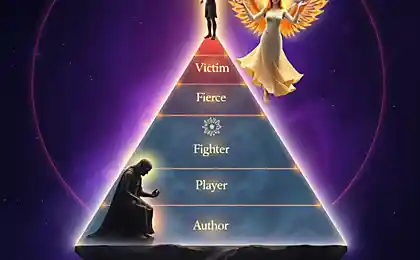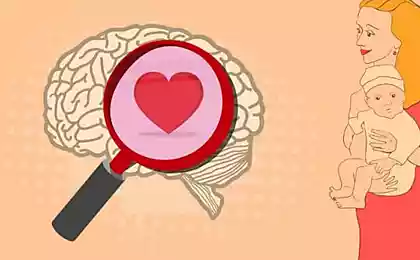132
9 Signs You’re Too Frank and How to Stop

When the Truth Is Harmful: 9 Signs of Excessive Frankness
Sincerity is a virtue, but its excess turns dialogue into a minefield. According to a University of California (2019) study, 68% of conflicts arise from unadapted candor. How to find the line between honesty and tactlessness?
Symptoms of “hyper transparency”
1. You become the walking Wikipedia of your life.
Tell a new colleague about the divorce of parents at the first meeting? Psychologist Robert Cialdini calls this the “doorway effect” – the desire to dump information for false intimacy.
2. After talking, you feel emotional exhaustion.
According to the journal Social Psychological and Personality Science, 43% of people with high openness experience "communicative hangover" - physical fatigue after revelation.
3. Your stories often end in awkward silence.
An example from practice: the client Alina told at the corporate party about her ectopic pregnancy, thinking that it will “bring the team closer”. The result was 8 months of avoidance.

STOP Method: Emergency Self-Control Technique
- S (Stop) Physically squeeze your fingers, interrupting the impulse
- T (Think) - ask, "Who needs this?"
- O (Options) Choose from 3 reaction options
- P (Proceed) - Act consciously
4. You’ve heard people say, “You’re too direct.”
The MIT experiment (2021) showed that the phrase “I’m sorry for being direct” increases the cortisol level of the interlocutor by 17%, even if the message is neutral.
Case Method: Rebooting Communication
3D Filters Technique by Coach Emily Amo:
- Do I know them well? (Intimacy level)
- Does it help? (Purpose of communication)
- Do I have consent? (Ethical review)

5. Your secrets become public domain
According to Parkinson’s Law, “the more personal information, the faster it spreads.” A mathematical model shows that a revelation with 3 people reaches 27 people in 48 hours.
Glossary
Emotional intelligence
The ability to recognize emotions – your own and others’ – to manage behavior
Self-control
System of internal “brakes” to regulate impulsive reactions
reflection
Analysis of your thoughts and actions after a communication act
Remember, sincerity without filters is like the sun without atmosphere: it blinds and burns. Learn to wear “communicative sunglasses” – protect others from your emotional UV light.
The Power of Silence: 8 Hidden Benefits of Being Alone
5 Mistakes That Scare Women Off: How to Avoid Communication Failures























